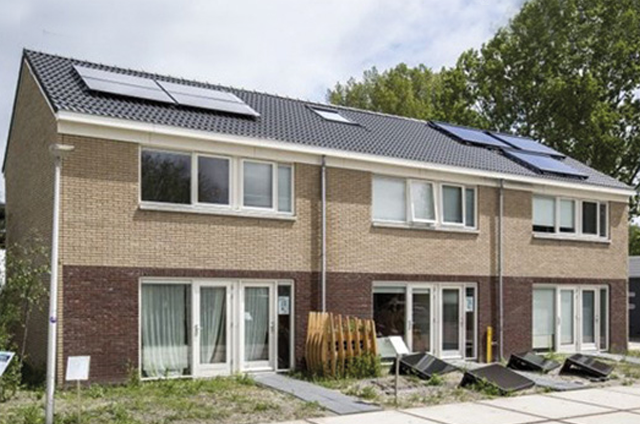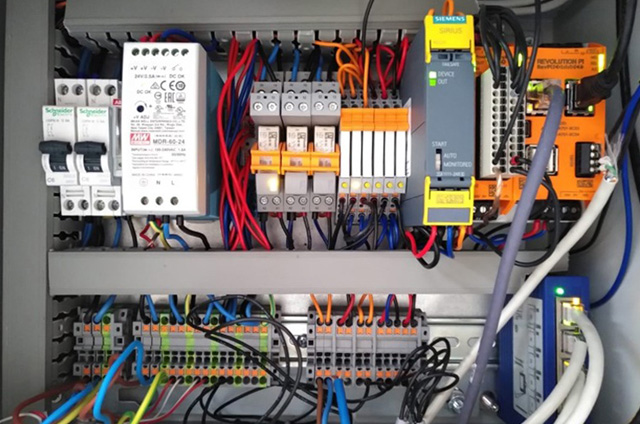H2@Home

Challenge
The greatest challenge lay in ensuring maximum safety when using hydrogen in a residential environment. Although hydrogen is not more dangerous than natural gas and even dissipates more quickly, robust safety mechanisms and reliable monitoring of all critical parameters were required. At the same time, the system needed to provide residents with the same comfort as a conventional natural gas heating system.
Impact IoT Solutions, a Dutch IoT solutions company, developed the safety system for the H2@Home project, the Netherlands' first hydrogen-powered residential complex. In cooperation with TU Delft and a housing association, the project demonstrates innovation in energy transition and building technology.

Solution
Impact IoT Solutions developed a comprehensive safety system based on Revolution Pi. The RevPi Connect was selected as the central control unit due to its robustness, reliability, and suitability for industrial applications. The system monitors critical parameters such as gas leaks, pressure, and temperature. A cloud-based portal provides operators with real-time insights and control options, advancing both safety and knowledge building about hydrogen applications.

Implementation
The installed system includes various safety mechanisms: Gas stoppers at the main line connections automatically block gas flow if damage occurs. Special sensors on room ceilings detect potential gas leaks. Additional sensors continuously monitor pressure and temperature. The RevPi Connect processes all sensor data and controls safety devices as needed. If anomalies are detected, the gas supply is interrupted and the boiler is shut down. The collected data is transferred to the cloud for further analysis and monitoring.
Technologies used:
- RevPi Connect as central control unit
- Digital I/O expansion module RevPi DIO
- Various safety sensors (gas, pressure, temperature)
- Gas stopper system
- Cloud connectivity for monitoring
Results & Outlook
The system enables safe operation of the hydrogen heating system with the same comfort as a conventional natural gas heating system. Residents notice no difference in consumption or heat supply. The insights gained from the pilot project will serve as a foundation for safety guidelines and technical standards. They pave the way for broader adoption of hydrogen heating as a climate-friendly alternative to fossil fuels.



